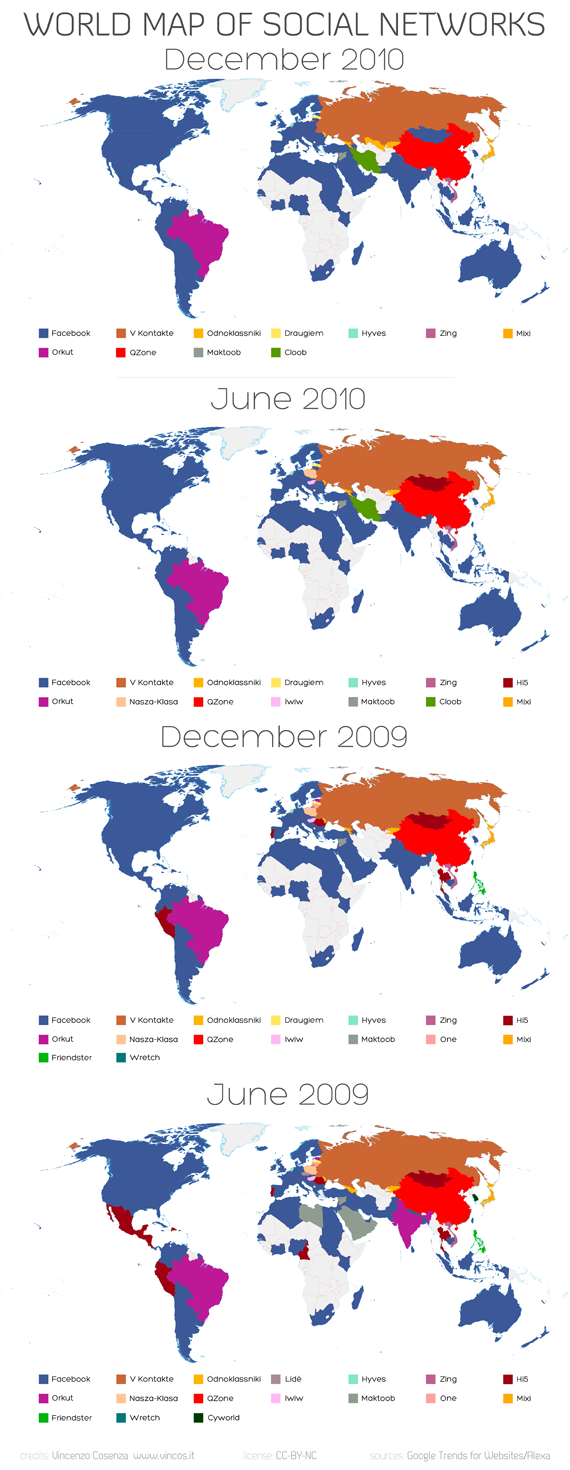.
Author: Charles A. Kupchan, Senior Fellow and Director for Europe Studies
September 2003The International History Review
The Tragedy of Great Power PoliticsJohn J. MearsheimerNew York: W. W. Norton, 2001Pp. xvi, 555. $27.95 (US)
In this important and impressive book, John J. Mearsheimer elegantly lays out his theoretical approach to the study of international politics – ‘offensive realism’ – and then seeks to demonstrate that this approach succeeds in explaining the key causes of war and peace. The book constitutes a major contribution to the realist canon and, given its accessible style, will likely become required reading for students of international relations. In addition, Mearsheimer is admirably thoughtful and original in laying out testable propositions from his theory and examining them against the historical record.
Offensive realism rests on the assumption that great powers ‘are always searching for opportunities to gain power over their rivals, with hegemony as their final goal’ (p. 29). This perspective contrasts with defensive realism, which posits that states seek security rather than power, making the international system less predatory and less prone to conflict. According to Mearsheimer, the disposition to aggression is not intrinsic to states, but is instead the product of the constant search for survival in a world of uncertainty, offensive military capability, and a changing distribution of power.
To test the validity of offensive realism, Mearsheimer asserts that ‘we should almost always find leaders thinking that it is imperative to gain more power to enhance their state’s prospects for survival’ (p. 169). He then goes on to test this claim against the past behaviour of great powers by examining several questions. Do states systematically engage in aggression and expansion as their relative power increases? What determines whether great powers balance, appease, or buck-pass when faced with a threatening aggressor? Are bipolar or multipolar systems more likely to trigger war?
As Mearsheimer navigates the historical record of the past two centuries, he marshals an impressive array of evidence to back up his claim that states onsistently capitalize on opportunities to increase their power and that this dynamic explains much of great-power behaviour. In so doing, he also advances
several novel ideas, arguing, for example, that the ‘stopping power of water’ gives strategic advantage to land powers and means that leading nations aspire only to regional as opposed to global hegemony. Mearsheimer also introduces the useful notion of ‘unbalanced multipolarity’, demonstrating that multipolar systems with a clear imbalance of power are more prone to war than those with a rough equilibrium.
While Mearsheimer succeeds in demonstrating the utility of offensive realism, he falls short of demonstrating that his theory has as much explanatory power as he claims. In defending his brand of realism, Mearsheimer ends up offering historical interpretations that border on the indefensible. Consider his treatment of Wilhelmine Germany in the lead-up to the First World War.
Mearsheimer characterizes German behaviour as rational and calculating, according no importance to nationalism or the domestic rivalries of the period, and dismissing the notion that Germany invited its own encirclement. But especially in light of his views on the stopping power of water and the comparative advantages of land armies, domestic pressures are essential to explaining why Germany built a world-class battle fleet, alienating Great Britain, triggering the Triple Entente, and distracting resources from the land forces it needed to cope with France and Russia.
Mearsheimer’s explanation for the absence of balancing against Nazi Germany during the 1930s is similarly unconvincing. The buck-passing of the 1930s, he asserts, ‘was due in good part to the fact that Germany did not possess a formidable army until 1939, and thus no compelling reason drew Hitler’s foes together until then’ (p. 331). But from 1933 onward, Adolf Hitler gave Germany’s neighbours every reason to draw together against him. Far from being unconcerned about German strength, Britain appeased Germany at Munich precisely because British leaders felt they had no choice in the face of Germany’s military superiority.
Mearsheimer also fails to address how offensive realism explains peaceful change. Rapprochement between Britain and the United States at the turn of the twentieth century and the success of the European Union in transforming Europe’s geopolitical landscape both cast doubt on the notion that balancing and destructive rivalry are inescapable features of international life.
These objections do not diminish the importance of Mearsheimer’s book. Rather, they underscore the dangers inherent in seeking to explain the contingent course of history through a single analytic framework. Had Mearsheimer cast his light on episodes of lasting peace that defy the predictions of balance-of-power theory, perhaps he would be less convinced of the pervasive logic of offensive realism and more open to eclecticism in explaining politics among the great powers.
http://www.cfr.org/publication/6659/review_of_the_tragedy_of_great_power_politics.html














No comments:
Post a Comment